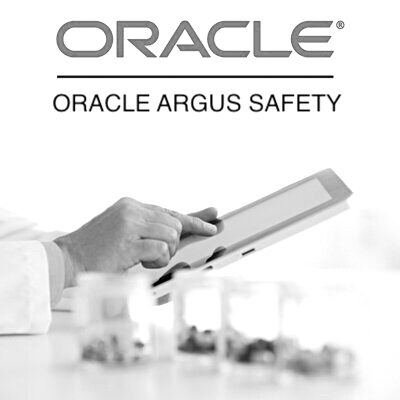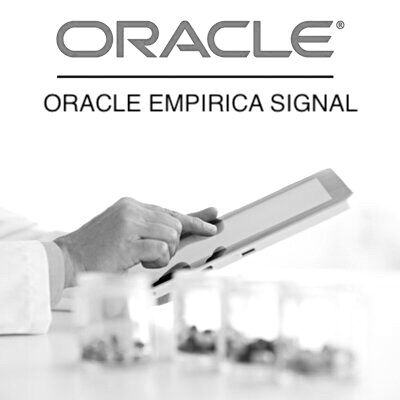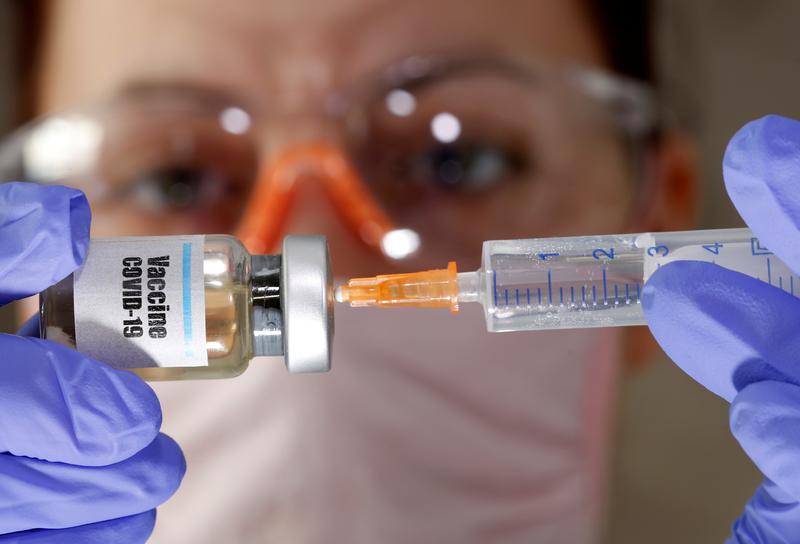Table of Contents
- Pharmacovigilance for Vaccines
- What is a Vaccine?
- How are Vaccines different from other medicinal products?
- Pharmacovigilance Plan for Vaccines
- Vaccine Failure – Are vaccines 100% effective?
- You may be interested in…
- Oracle Argus Safety Essentials
- Oracle Argus Safety Essentials + Console
- Oracle Argus Safety – Live Online
- Oracle Argus Safety + Console – Live Online
- Oracle Empirica Signal
- Oracle Empirica Signal – Live Online
- Diploma in Pharmacovigilance
- Argus Safety – Business Configuration and Administration
Pharmacovigilance for Vaccines
Pharmacovigilance for Vaccines, also known as Vaccine vigilance, is defined as the science and activities relating to the detection, assessment, understanding, prevention, and communication of adverse events following immunization, or of any other vaccine-or immunization-related issues.
With COVID-19 taking the world by storm there is a lot of talk about vaccines. But what are vaccines, how are they different from other medicinal products and how is vigilance conducted on new vaccines? Let’s find out.
What is a Vaccine?
A vaccine is a biological preparation that improves immunity to a particular disease.
A vaccine typically contains an agent that resembles a disease-causing microorganism, and is often made from weakened or killed forms of the microbe or its toxins. The agent stimulates the body’s immune system to recognize the agent as foreign, destroy it, and “recognize” it, so that the immune system can more easily recognize and destroy any of these microorganisms that it later encounters.
Vaccines can be prophylactic (e.g. to prevent or ameliorate the effects of a future infection by any natural or “wild” pathogen), or therapeutic (e.g. vaccines against cancer are also being investigated).
The term vaccine derives from Edward Jenner’s 1796 use of the term cow pox (Latin variola vaccinae, adapted from the Latin vaccin-us, from vacca cow), which, when administered to humans, provided them protection against smallpox.
Pharmacovigilance in vaccines, also known as Vaccine vigilance, is defined as the science and activities relating to the detection, assessment, understanding, prevention, and communication of adverse events following immunization, or of any other vaccine or immunization related issues.
How are Vaccines different from other medicinal products?
Vaccines are different from most other medicinal products in ways that influence safety considerations. Vaccines are a preventive measure, usually given to healthy individuals and especially young children at vulnerable age. They have a complex composition and a short duration of exposure with a long-term response.
No (immediate) health benefit might be apparent to the individual vaccine due to the success of vaccines in reducing illness in the community. As a consequence, there is limited acceptance of any potential risks. Any safety concern arising with a vaccine might impact on a significant number of subjects. Therefore, safety concerns need to be promptly evaluated.
As vaccines are often used in several birth cohorts or even in the whole population, events inadvertently occur in temporal but not in causal association to vaccination. Perceived safety concerns have been increasingly discussed in the public area. Public confidence in vaccination programmes may only be maintained if it is considered that Competent Authorities will assess the safety of vaccines in a timely and adequate manner and take appropriate action. This includes investigation of rare and unexpected adverse events, increases in the occurrence of known adverse reactions and careful analysis of theoretical concerns.
Pharmacovigilance Plan for Vaccines
Different policies on use of vaccines concerning vaccination schedules and target population might give rise to different safety issues. It is acknowledged that it might not be feasible to study all recommended priming and booster schedules across the European Union, however the Marketing Authorisation Holders should discuss the need for further evaluation (e.g. studying the most accelerated schedule) and should provide Pharmacovigilance Plans in the Risk Management Plans (RMPs) accordingly. If a specific safety concern associated with the vaccination schedule or the target population can be anticipated from other vaccines, targeted post-authorisation studies should be considered.
Vaccine Failure – Are vaccines 100% effective?
A vaccine failure is when an organism develops a disease in spite of being vaccinated against it. Primary vaccine failure occurs when an organism’s immune system does not produce enough antibodies when first vaccinated. Secondary vaccine failure occurs when enough antibodies are produced immediately after the vaccination, but the levels fall over time.
While antibody levels always fall over time, this would be a more rapid loss of immunity than expected for that vaccine. Most vaccines are not 100% effective. Therefore cases of breakthrough infections are expected. A higher-than-expected efficacy of a vaccine, waning efficacy over time or replacement phenomenon cannot be fully investigated via spontaneous reporting.
Risk factors for vaccine failure should be analysed (e.g. obesity, age, smoking status, vaccination schedule, concomitant disease). This may provide signals for reduced immunogenicity of the vaccine under daily life conditions in risk groups. If there is concern that a higher than expected rate of vaccine failures and break-through infections in certain risk groups exists, appropriate systematic investigations should be carried out. Appropriate case definitions and validated analytical tests for confirmation of the infective agents should be used.
This completes our discussion on Pharmacovigilance. We hope this gives you flavour the key terminologies in pharmacovigilance and a flavour of this allied science.
For a deep insight into the world of Pharmacovigilance, subscribe to our Pharmacovigilance Knowledgebase
Want to explore a career in Pharmacovigilance? Join our Diploma in Pharmacovigilance program and kick-start a career in Pharmacovigilance and Oracle Argus Safety.
Already completed a program in Pharmacovigilance. Enhance your expertise on the Oracle Argus Safety software by pursuing our Oracle Argus Safety program. You can also subscribe for 24×7 access to the Oracle Argus Safety software for practice.
You may be interested in…
-
 eLearning + software
eLearning + softwareOracle Argus Safety Essentials
$599.00 -
 eLearning + software
eLearning + softwareOracle Argus Safety Essentials + Console
$799.00 -
 Live Online
Live OnlineOracle Argus Safety – Live Online
$999.00 -
 Live Online
Live OnlineOracle Argus Safety + Console – Live Online
$999.00 -
 eLearning + software
eLearning + softwareOracle Empirica Signal
$599.00 -
 Live Online
Live OnlineOracle Empirica Signal – Live Online
$999.00 -
 eLearning + software
eLearning + softwareDiploma in Pharmacovigilance
$799.00 -
 eLearning + software
eLearning + softwareArgus Safety – Business Configuration and Administration
$599.00

